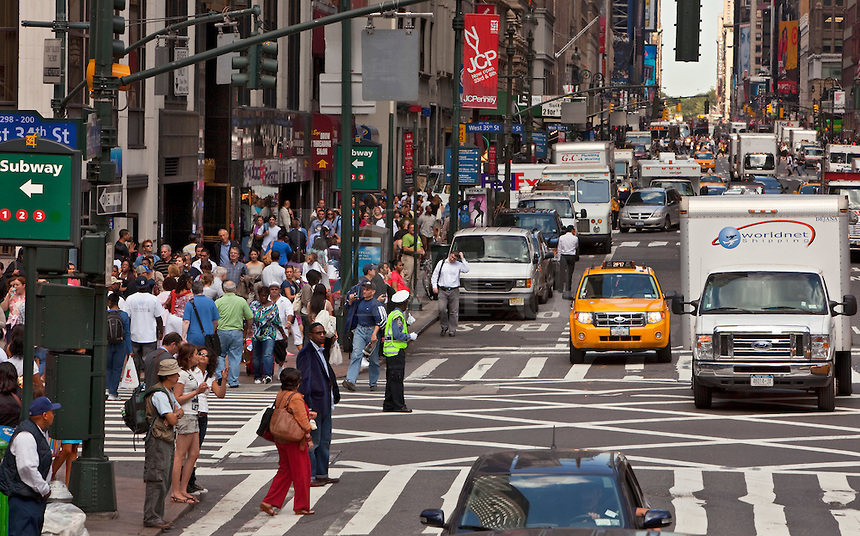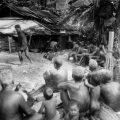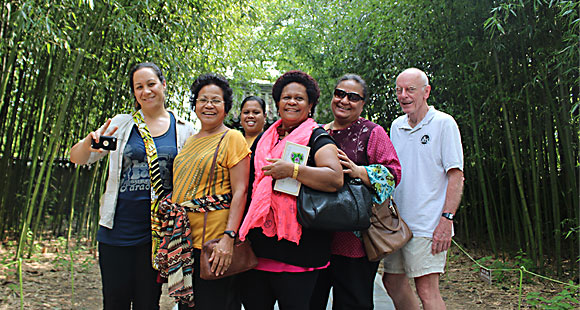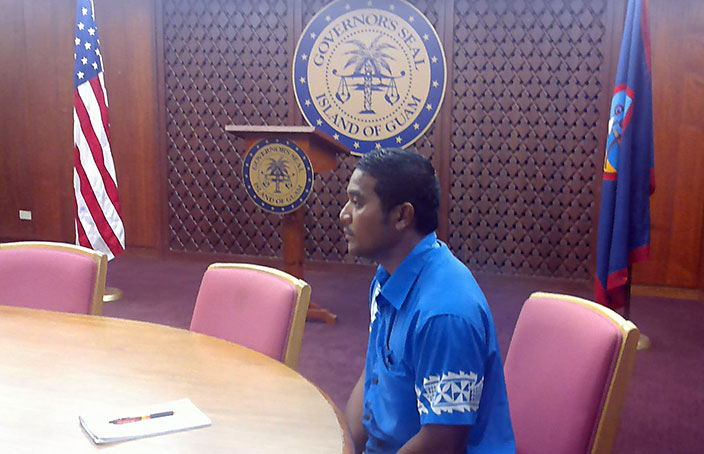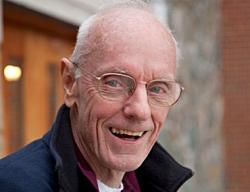Hitting the Street (Literally) in New York
I broke into a run as I tried to make a traffic light on Fordham Road and had just made it to the curb when I went sprawling to the sidewalk. Hitting the ground like that was getting to be an altogether too common experience for me?just another quirk brought on by age, I guess.
The left knee, already sore from a tumble a few days earlier, hit hard. I threw out my hands to break the fall, but my glasses made contact with ground; the frame twisted and one of lenses popped out.
Three or four people stopped and reached out their hands to get me back on my feet. Even then they stood there for a while looking me up and down to see if I was going to survive. ?Are you hurt?? they kept asking. It took a little while to assure them that I was going to survive, but finally they all drifted off except for one man with a cane. He had been walking next to me tapping the concrete with his cane as I fell to the ground. I assumed he was blind.
Blind or not, he bent over me as if he had been responsible for the accident. When I dusted myself off and retrieved the popped lens from my glasses, he insisted on bringing me across the street to an optician.
The optical company didn?t have an optician working at that late hour of the day, but once they saw the blood on my hands (and splattered on my trousers), they handed me paper towels and anything else they could find to clean myself.
The subway was a few blocks up Fordham Road, but I made it there without much trouble. I even found a seat on the train. Two Spanish-speaking women standing nearby saw the blood on my hands and pulled out napkins they had received with their take-out food. A passenger a few seats away came over and handed me a couple of bandages, while apologizing profusely that she could not provide antiseptic. An African woman who was seated next to me used her tiny English vocabulary to inquire whether there was anything she could do to help.
The two Hispanic women asked whether I would like to stop at the next station and wash the blood off my hands before continuing on. They offered to accompany me and show me the faucet. By this time I was accumulating wipes of every type, while one of the woman was sadly shaking her head as she chattered about sangre and agua and manos.
More paper napkins at the restaurant that was my destination, not just from the waitresses but even from one of the cooks. More bandages and sympathetic looks and unexpected help.
New York may not have a reputation as the City of Brotherly Love, but if my experience is any indication, human kindness is very much alive and well here. To find it all you need to do is fall and bloody yourself a little bit.

